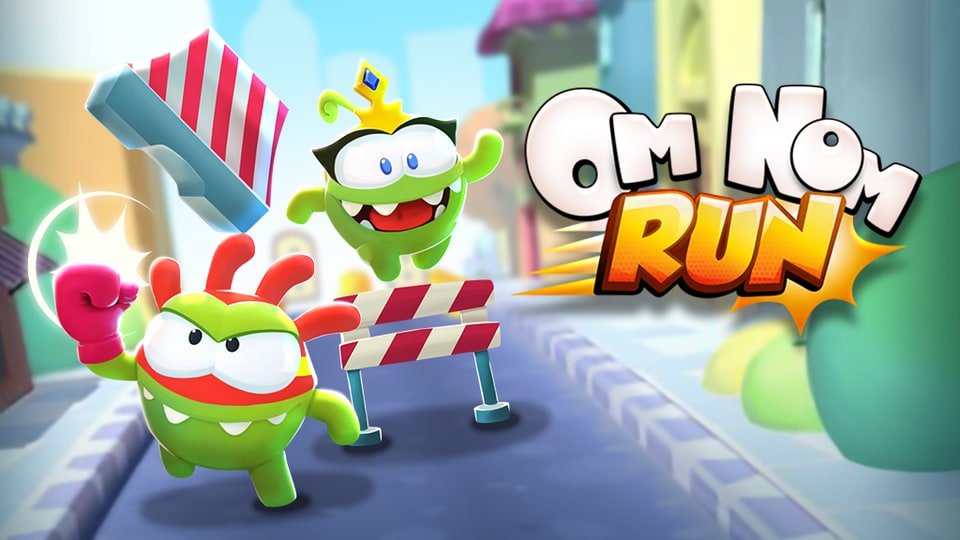Broken Promises and Blind Loyalty: The Collapse of Blind Esports
Recent coverage of Blind Esports has raised questions on why players worked for the org, were contracts actually signed? and if not- why did they compete?
 Image Via Blind Esports Youtube
Image Via Blind Esports Youtube
Everyone wants to be a star. Yet, in their quest to achieve it, the alarm bells are ignored until it's too late. Blind Esports was one such trap. Once a shining name in the Indian BGMI scene, it quickly became a black hole of broken trust, misplaced loyalty, and mismanaged money. Their story is a lesson for players and creators, and more relevant than ever.
Although this is old news, recent coverage from Letsgrowesports has raised questions: If the organization did not pay its due fees, then what led players to stay and compete? Just verbal promises? In fact, this issue isn't just relative to Blind Esports but the industry as a whole. It's a scene where organizations either go bankrupt or make false promises that aren’t lived up to. Let's get into it.
The Rise and Crash
ALL OUR PRIZEPOOL GETTING SCAMMED by this org?
— Khush Singh (@Jokerr09_) October 19, 2024
almost 80% tourneys we played from this org and made prizepool around 1+CR.
for all athletes choose your org wisely sab chiz and background check karke step lena#BewareofBlind #donotbelieveinblind @SouLNakuL07 @soul_rony
Blind Esports didn’t just rise—they exploded. Their creators briefly overtook even S8UL on Loco. But by December 2023, they unexpectedly parted ways with their BGMI roster. The community was left stunned, confused, and without answers. The move did not make sense financially or critically, and that pattern continued over the next 15 months. Blind let go of more rosters, major creators before finally going past return once their exclusive Loco deal was lost as well.
Everything was going wrong, and fans in Kerala were left without any answers. Until Joker, Aadi, and other players came forward, exposing Blind Esports for leaving players in due fees of around Rs 1 Cr+ of tournament winnings and 5 months of unpaid salary.
The alleged reason? Tax issues or broken verbal promises: indicating a lack of contracts…Yet, was that really the case? Were contracts really not signed, and if so, does that mean players can’t ever get their due pay?
The Contracts
The situation confused many onlookers, if contracts weren’t signed by players — that would signal mistrust between them and the org. If so, why did the players even play for the org? The main question lingered: Were contracts even signed?
In short, we can only speculate. While, Aadi's Instagram story points towards an informal agreement via the countless broken verbal promises and usage of call recordings as evidence; it provokes a question. If contracts were set in place, why use call recordings as proof? And after all this time, why has Blind Esports still not come out and said anything?
Although we should always look at both sides of the story before making a conclusion, if the other party refuses to make a statement — the silence is also an answer.
What still confuses many is, if the org had consistent issues of failing to pay — why did players stay and compete especially if contracts were potentially not signed?
Why Didn’t the Players Leave?
The answer lies in a mix of hope and misplaced loyalty. Many probably held on, believing that Blind would eventually make things right. After all, the org was famous and influential —giving players a solid shot to reach stardom
This hope soon turned from silence to frustration. As prize pool earnings were allegedly mismanaged and salaries withheld, legal threats surfaced. Yet, only a few players went public like Aadi and Joker. The fear of burning bridges in the close-knit Indian esports scene ran deep, especially when players were unsure if lawsuits would even amount to anything….but would it really?
Would a Lawsuit Work?
If players chose to sue, the alleged absence of signed contracts would make things tricky but not impossible. Under Indian law, verbal agreements and patterns of behavior (like continuous play without payment, verbal promises, or payment slips) can form a basis for claims. The catch? They would need solid evidence. Screenshots, chats, or internal emails would strengthen the case.
However, players were working in a grey area: no signed contracts, no payment, and no consistent statements from management. That creates a legal mess that few want to dive into—especially in an industry that thrives on informal connections and reputation.
All in all, Blind Esports describes the situation with its own name. As countless more players choose to remain blind and not come forward, the more orgs can simultaneously do the unthinkable.
This isn't just targeted towards Blind Esports but the scene as a whole. It urges questions like: When will orgs be held accountable? And Will Krafton ever make a move? All questions that we may not have answers to, unless we demand action.
Written By: Sarah Dar (Writing Intern, India Today Gaming)








